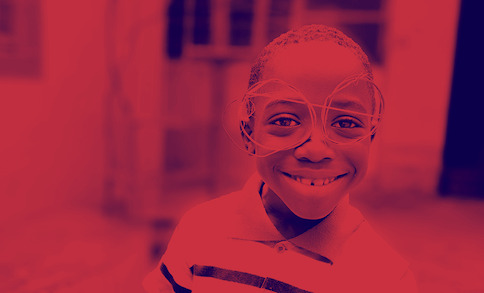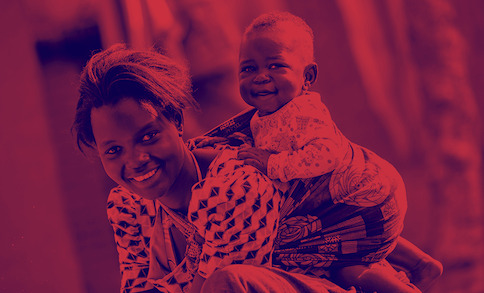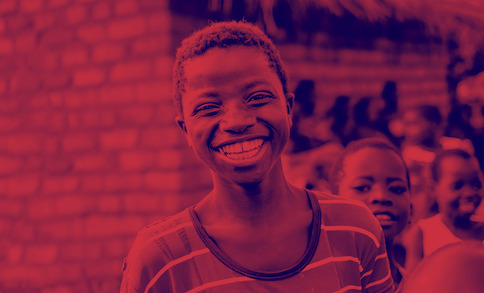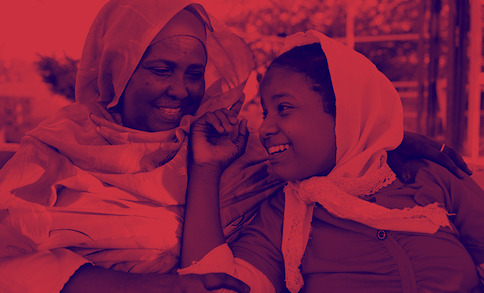
Prof. Dr. Eric Bettinger
University of Stanford

Research shows that better communication between schools and parents tends to substantially improve learning outcomes in poor and rich countries alike. Why is that? Is it because parents are uninformed about student effort, and information provided by the school solves that problem? Or is it because parents have limited attention, and messages from the school induce them to acquire information about student effort independently, solving the problem by themselves?

In 2012, Vitória da Conquista – a municipality in a poor Brazilian State – spent over USD 700,000 on microchips embedded in public school students’ uniforms. They hoped to decrease truancy by informing parents in real-time when their children missed classes. This policy was inspired by the success of informational interventions in affecting many fundamental economic decisions, including those linked to improved educational outcomes. It is unclear, however, whether such interventions were successful because of the specific information conveyed, tailored to the circumstances of the recipient, or because such messages make particular issues top-of-mind, inducing recipients to refocus their attention on that particular issue. If the latter is true, then salience interventions that do not require recipient-specific information (such as nudges) may preform just as well - and perhaps even better. In fact, it may even be the case that such interventions induce individuals to collect the relevant data themselves, updating beliefs in the correct direction in much the same way as informational interventions would do but at a much lower cost (no microchips needed!). This paper presents first-hand evidence supporting this mechanism outside of the lab.
In the experiment – across 287 schools in São Paulo, Brazil, encompassing 19,300 ninth graders – math teachers provide weekly information about their students’ behavior (attendance, punctuality and homework completion) through a platform over the course of 18 weeks. We randomly assign parents to different messages within each classroom, shared via text messages (SMS). Some parents receive child-specific information (e.g., “Nina missed between 3 and 5 math classes over the last three weeks”), some a salience message emphasizing the importance of paying attention to that dimension (e.g., “It is important that Nina attends every math class”), and still others receive no message at all (the control group). We find that information makes parents more accurate about student attendance and significantly impacts their test scores and grade promotion relative to the control group.
Even though salience messages, in contrast, do not make parents more accurate about attendance levels, learning outcomes in the salience group improve by at least as much. Why? We show that treated parents across both conditions become more accurate about changes in their children’s grades over time, although not about grade levels. Such coarse belief updating is consistent with independent information acquisition in response to salience effects from both interventions.
The loop: under-education, as primary caregivers do not follow their children’s school life closely.
Breaking the loop: redirecting caregivers’ attention to their children’s school life improves learning outcomes even in the absence of child-specific information.
This study in Brazil aims at understanding which kind of informational intervention works best and why, in order to improve students outcomes.

University of Stanford

FHI 360
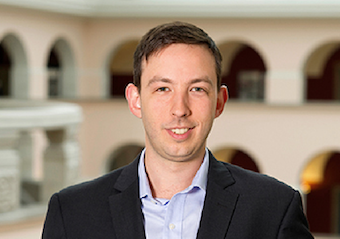

Universidade de São Paulo

UZH
Longitudinal Study on Child Development Based on Wearable Technologies.


